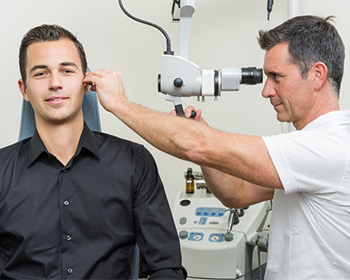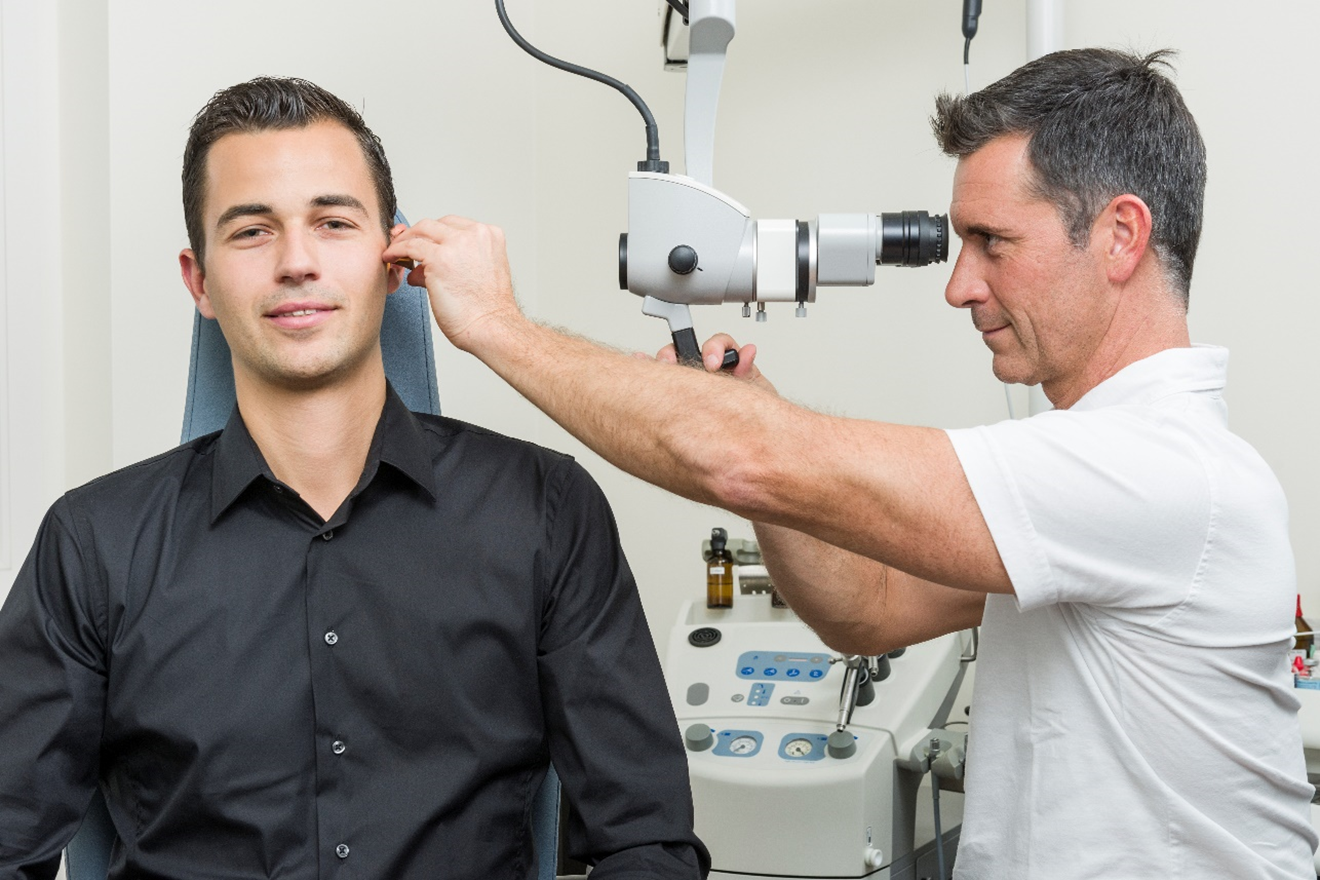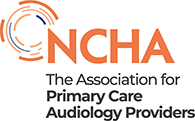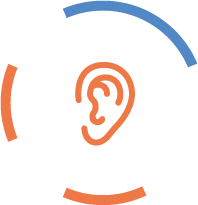
The NCHA supports the NHS goals of reducing outpatient appointments, providing more care in primary care settings, and making better use of technology for the benefit of patients.
To achieve this:
- GPs and audiologists need to work together in primary care settings at local level to meet hearing needs and manage impacted ear wax.
- Audiologists, GPs and ENT need to be able to share diagnostic and clinical information electronically, with the patient's permission, to avoid unnecessary face-to-face visits to secondary care.
These steps would significantly improve patient access to care and reduce pressures on GPs and hospital ENT departments.
Learn more below.

Referrals to ENT account for 7.6% of all referrals to secondary care. If ENT departments are to meet the needs of our ageing population, we must ensure this capacity is used for those who have a medical need.
One of the main reasons for visiting ENT is to manage impacted earwax. However, NICE guidelines state that, in most cases, adults do not need to be referred to ENT for this procedure. So, there is a significant opportunity to liberate ENT capacity by managing impacted wax in audiology led clinics.
To further support ENT, more could be done closer to home in primary care settings. For example, although GPs often lack access to diagnostic equipment, this equipment is readily available in primary care audiology.
Improving communication between audiologists working in primary care settings, GPs, and ENT departments can help make better use of hearing tests and video otoscopy, reducing the need for referrals to secondary care. This would reduce pressure on GPs and ENT departments, helping them meet the needs of patients who would benefit most from medical care. It would also lessen the need for patients to attend hospitals for face-to-face appointments.
To learn more about our work, please email us at [email protected]
29 October 2021

 Your hearing and aural health
Your hearing and aural health  Commissioners and Policymakers
Commissioners and Policymakers  Member support and guidance
Member support and guidance News and views
News and views
 Hearing map
Hearing map
